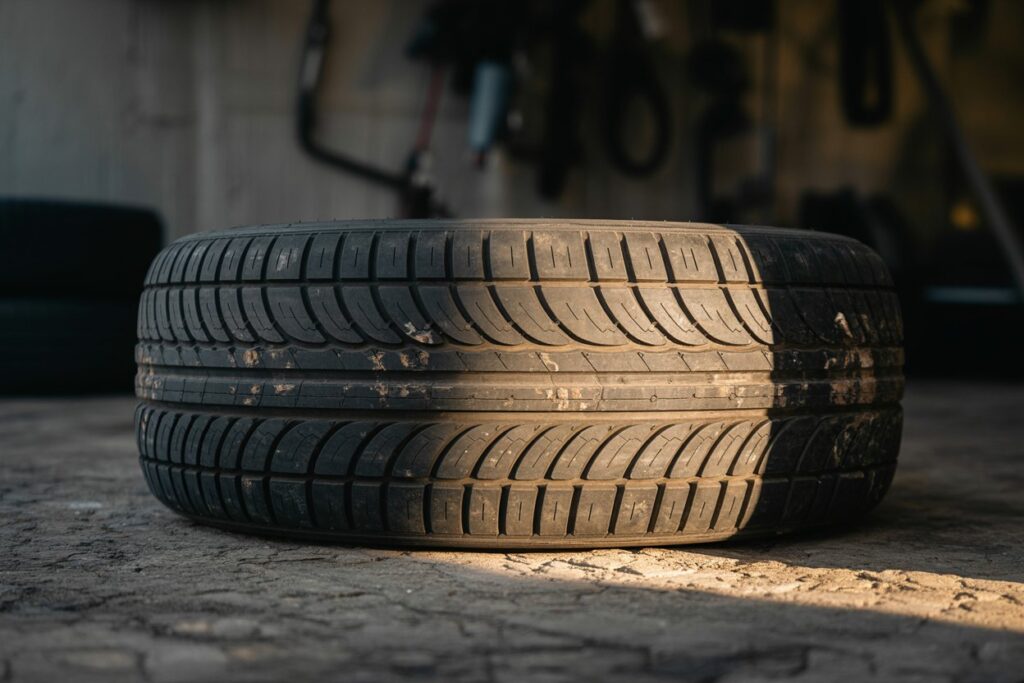There comes a moment in every car owner’s life when you ask the big question: is it worth fixing this thing, or is it time to say goodbye? Maybe your ride has sentimental value, or maybe it just has a weird noise you are ignoring. Either way, knowing when to repair, replace, or upgrade can save you money — and sanity — in the long run.
When Repairs Still Make Sense
If the fixes are minor — think new brakes, fresh tires, or replacing that one squeaky belt — repairing usually wins. These are normal wear-and-tear costs that do not signal bigger trouble ahead. Plus, if your car is paid off, even a few repairs can still be cheaper than a new monthly payment.
Watch for the Domino Effect of Problems
When one issue leads to another — transmission problems followed by electrical gremlins, for example — it is often a sign the car is aging out. Fixing one thing only to have something else break can get expensive fast. At some point, “just one more repair” turns into buying a new car piece by piece.
Consider the Car’s Value vs Repair Costs
A good rule of thumb: if a single repair costs more than half the car’s total value, think twice. It might be time to invest in something newer instead of dumping money into a car that will not pay you back. Online value calculators can give you a quick reality check.
Factor in Safety and Modern Features
Older cars may lack features we now consider standard — like backup cameras, lane warnings, or advanced airbags. If safety upgrades matter to you (and they should), a newer car might be worth it for peace of mind alone. After all, no repair adds blind-spot monitoring.
Think About Fuel Efficiency Over Time
If your car is guzzling gas like it is 1995, those fuel costs add up. Modern vehicles — especially hybrids and electrics — can cut monthly expenses dramatically. Over time, those savings might offset the cost of upgrading sooner rather than later.
Emotional Attachment vs Practical Reality
We get it — your car might have been with you through road trips, breakups, and questionable fast-food runs. But nostalgia does not pay repair bills. It is okay to love your old ride, but it is also okay to admit when it is time to move on.
How Often You Are Calling for Help
If you know your tow truck driver by name, that is a bad sign. Frequent breakdowns mean lost time, constant stress, and hidden costs that go beyond repair bills. A car you can trust is worth more than just reliability — it is worth peace of mind.
New Car Tech Might Win You Over
Sometimes the upgrade decision is less about repairs and more about what new cars offer. Modern infotainment, advanced safety, and even semi-autonomous features can make driving easier and more enjoyable. It is not just buying a car; it is buying convenience.
Timing Matters More Than You Think
Upgrading at the right moment — before a major failure — can save you thousands. Selling or trading in while your car is still running well often nets a better price than waiting until it is barely hanging on.
Do the Math Before You Decide
Compare repair costs, trade-in value, and what you would spend on a replacement. Seeing the numbers in black and white makes the choice clearer — and less emotional. It is about making the smartest move for your wallet and your lifestyle.
Knowing when to repair, replace, or walk away is less about guesswork and more about balance. A little honesty about your car’s condition (and your patience) goes a long way toward making the right call. Whatever you decide, aim for fewer surprises and a smoother ride ahead.

